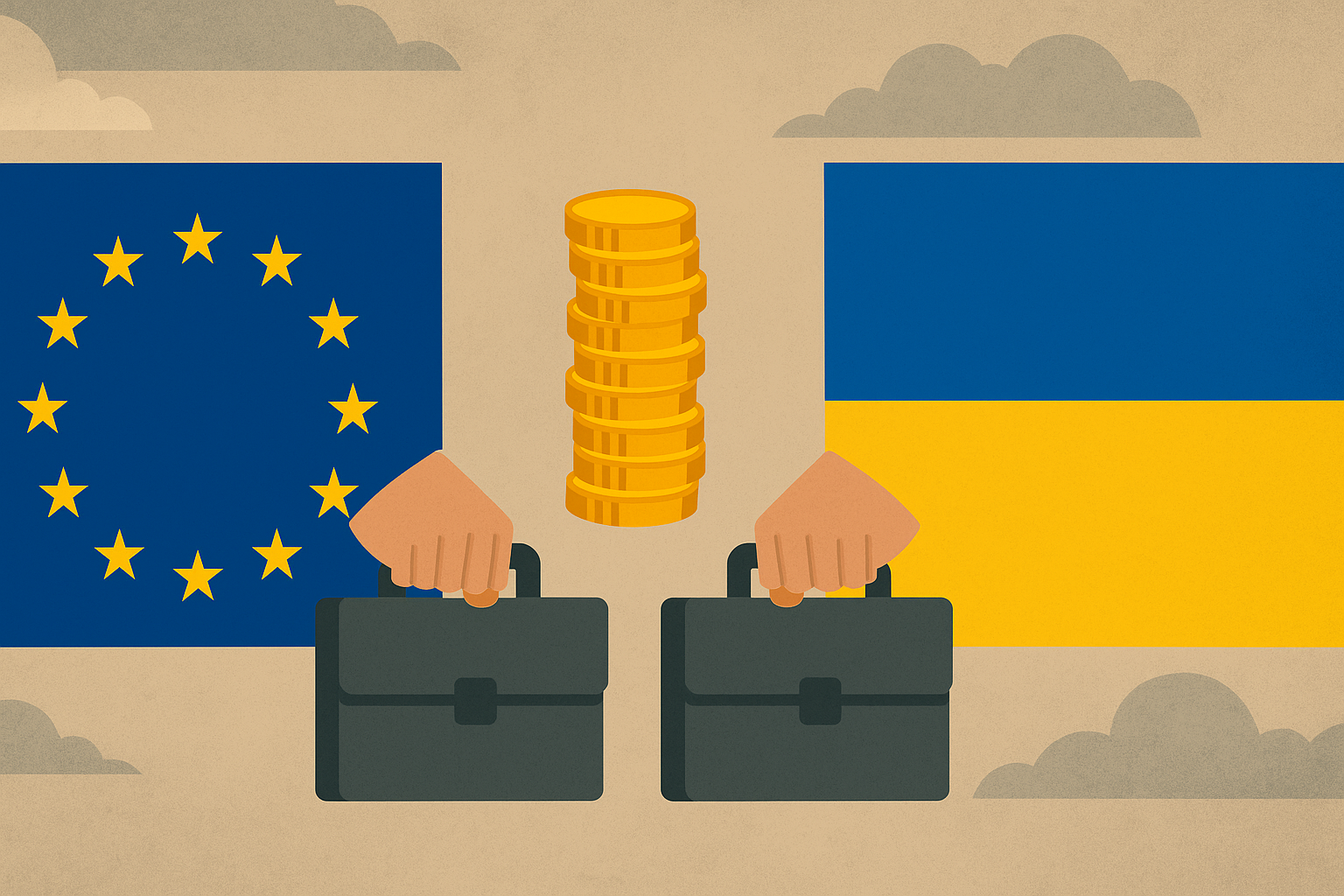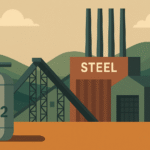Belgium has called for stronger assurances from its European Union partners over a proposed €140 billion loan to Ukraine, which would be backed by proceeds from frozen Russian state assets. The demand adds a fresh layer of tension ahead of today’s European Council meeting in Brussels, where EU leaders are expected to discuss both the Ukraine financing plan and the bloc’s climate agenda.
Belgium Raises Concerns Over Liability
The loan scheme, championed by several major EU members including Germany, aims to channel funds to Kyiv using interest earnings from Russian central bank assets immobilised at Euroclear, the Brussels-based securities depository. However, Belgian Prime Minister Bart De Wever has voiced strong reservations, warning that Belgium could face disproportionate legal and financial risks if the plan encounters difficulties or provokes Russian retaliation.
“Our concerns remain unchanged. We expect clear commitments,” a Belgian official said, emphasising that discussions with other member states are ongoing.
Belgium fears it could be held responsible should Russia or private entities sue over the use of the frozen assets, or if Moscow retaliates against Belgian businesses. At a previous EU summit in September, De Wever urged member states to share the risks equally, a stance that remains unresolved.
EU Pushes for Unity Despite Tensions
A draft summit communiqué includes language on “EU solidarity and risk-sharing,” but diplomats say Belgium considers this insufficient. Other EU capitals have expressed their own hesitations over the plan, citing concerns that directly leveraging frozen assets could destabilise financial markets or undermine the euro.
Still, as the war in Ukraine grinds on and US support shows signs of wavering, the political momentum in Europe has shifted toward using Russian assets to sustain Kyiv’s finances. Many EU leaders are frustrated with Belgium’s last-minute demands, arguing that shared risk coverage for Euroclear is already implicit and that De Wever’s call to extend guarantees to private Belgian companies goes too far.
Climate Targets Also Under Fire
The Ukraine loan is not the only divisive issue on today’s agenda. EU leaders are also expected to debate adjustments to the bloc’s 2040 climate target, with growing pressure from some governments to ease environmental rules amid economic strains.
Proposals to delay or soften measures such as the 2035 ban on combustion-engine cars and the carbon pricing system for homes and vehicles are expected to dominate discussions.
Northern and Western European nations — including Scandinavia, the Benelux, and Ireland — are pushing to uphold the EU’s climate ambitions. Meanwhile, Central and Eastern European countries are urging a slowdown, citing the financial burden of rapid green transitions.
“This will be one of the most difficult discussions,” a senior EU diplomat said.
Context: Rising Political Tensions Across Europe
The meeting coincides with political turbulence elsewhere in the EU. In Hungary, rival demonstrations are taking place to mark the 1956 anti-Soviet uprising. Prime Minister Viktor Orbán, Russia’s closest ally in the EU, has organised a “peace march” promoting his call for an immediate ceasefire in Ukraine, while opposition leader Péter Magyar is leading a separate “patriotic march” to rally anti-government sentiment ahead of April elections.
As the EU grapples with diverging national priorities — from Ukraine aid to climate policy — today’s summit will test its ability to maintain unity under mounting political and economic pressure.








